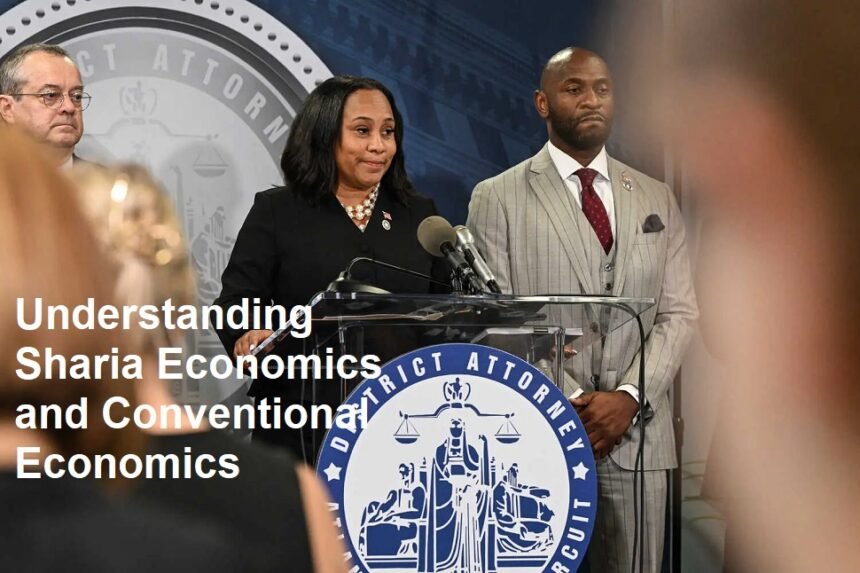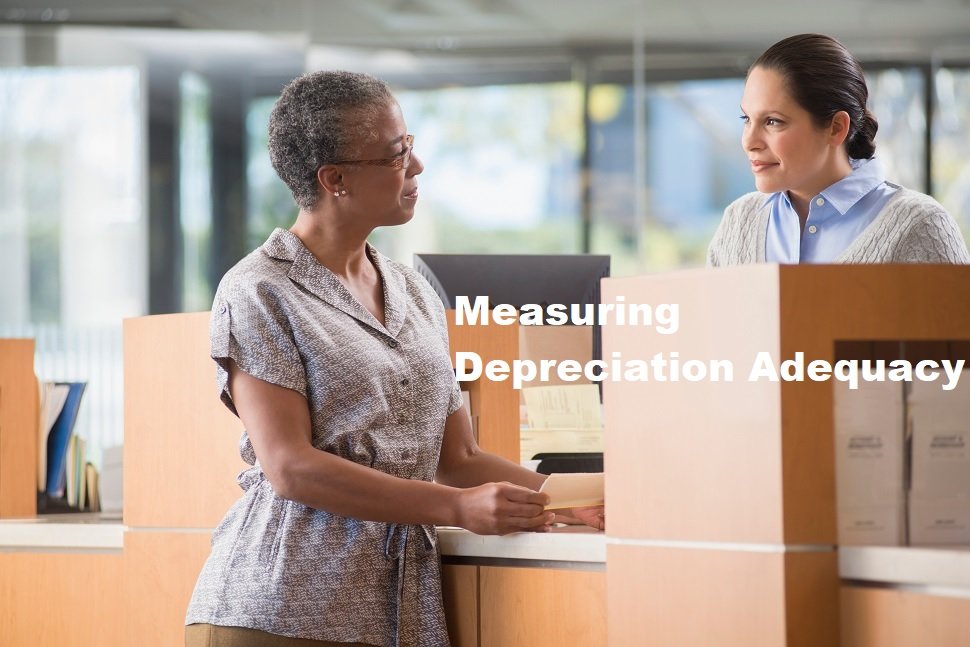Sharia economics is an economic system whose principles and operations are based on Islamic law or Sharia. The uniqueness of sharia economics lies in the strict prohibition against the practice of riba (interest), which is considered detrimental and unfair in financial transactions. In addition, sharia economics also prohibits gharar (uncertainty) and maysir (speculation), which can often lead to economic instability. Another principle is the fair distribution of risks between all parties in a business, as well as the obligation of zakat to help the community. All of these principles aim to create a just and sustainable economic system. On the other hand, conventional economics is the dominant system in the world today. This system is based on the principles of capitalism, where economic growth and wealth accumulation are the main goals. In this system, the free market plays an important role in allocating resources and as a price determining mechanism. Market efficiency is proposed as a key concept where market participants argue that market mechanisms will provide optimal allocation of resources with little or no government intervention.
However, both systems have the ultimate goal of improving society’s welfare, but the way they achieve this goal is fundamentally different. Sharia economics emphasizes aspects of morality and social justice by eliminating practices that are considered detrimental to individuals or society. This often requires more supervision and enforcement of Sharia law by financial institutions and regulators. In contrast, a conventional economy may be more flexible in its operational aspects but is sometimes criticized for leading to income inequality and a lack of environmental sustainability in the long term if not managed properly. Therefore, a deep understanding of these two systems provides insight into how they can contribute to a global economic development model that is more inclusive and responsive to today’s socio-economic challenges.
Legal Framework and Financial System
Sharia economics is an economic system based on Islamic law, whose basic principles are justice and balance. In the sharia economic system, there is a legal framework that regulates the implementation of economic transactions so that they do not conflict with religious provisions. Concrete examples of its application are in financial products such as sharia banking, takaful insurance and sukuk. These products are designed in accordance with sharia principles such as the prohibition of usury, gharar (uncertainty), and maysir (speculation). On the other hand, conventional economics is based on positive law which is secular in nature. This system relies on market mechanisms with the assumption that the free market is able to regulate itself through the law of supply and demand. The legal framework in this system does not include religious norms as a direct reference in its economic procedures. For example, in conventional banking, bank interest is considered legal and is an important element in its operations.
The basic difference between the two systems is the legal source used as a reference. Sharia economics originates from the Koran and Hadith as well as the ijtihad of ulama based on these three sources, while conventional economics relies more on man-made legal codes that are separate from the teachings of certain religions. Financial transactions in a sharia economy must avoid usury, whereas in the conventional system interest is seen as compensation for capital providers. In its implementation, sharia financial products and services must follow a series of procedures that are checked by the Sharia Supervisory Board to ensure their conformity with Islamic principles. In contrast, conventional financial products are reviewed by financial supervisory authorities in relation to positive legal provisions and market regulations without referring to specific religious teachings. These two systems answer the diverse needs of society by providing alternative perspectives on the global economy and trade.
Financial Products and Services
Sharia banking products lay the foundations of their operations on sharia principles which reject the practice of interest or usury and focus on aspects of risk and profit sharing. Products such as murabahah, for example, are sales contracts where the bank buys goods that consumers want and sells them back to them at a price that includes an agreed profit margin. In this scheme, consumers pay the price in stages without additional interest because it is included in the agreed price. On the other hand, musharakah and mudharabah are profit-sharing products that emphasize cooperation between banks and customers. In musharakah, two or more parties invest in a business and share profits based on an agreed ratio, while losses are shared according to the proportion of investment. Meanwhile, in mudharabah, one party provides full capital (the bank) and the other party (the customer) manages the business with the condition that profits are shared according to the agreement, but only the capital provider bears the financial losses.
In contrast to sharia products, conventional banking products are usually based on an interest system. Loans are provided with an agreement to return the principal plus interest as compensation to the bank for providing the funds. The interest percentage can be fixed or variable depending on market conditions. This accumulated interest is often an additional burden for borrowers but is the main source of income for conventional banks. Investment instruments such as shares and bonds are also an important part of conventional banking services. Stocks allow investors to own part of a company and receive dividends based on the company’s performance while bonds are debt instruments where investors make loans to the bond issuer and receive periodic interest payments as well as a return of capital when the bond matures. Both of these instruments offer opportunities for capital growth and fixed income but also carry risks that investors must consider.
Socio-Economic Goals and Impact
Sharia economics is a system that integrates ethical values and moral mechanisms in its economy. The main aim of implementing sharia economics is to create social justice and a more even distribution of wealth in middle-middle society. This is emphasized through concepts such as zakat, which is an obligatory gift to those in need, as well as through the prohibition of the practice of usury (interest) which can bring injustice. In a sharia economy, every transaction does not only benefit one party, but must also provide positive social benefits and support sustainable development.
On the other hand, conventional economics emphasizes achieving efficient resource allocation and profit maximization as the main goal. This approach tends to ignore morality and social aspects because the main focus is increasing productivity and unconditional economic growth. In this context, while efficiency can be achieved and profits can be maximized, it does not always ensure that the results will have a positive impact on overall social welfare. Practices such as market speculation and the accumulation of wealth by a few can be examples of the negative results of a concentration of economic power without any particular moral boundaries.
The socio-economic impact of these two economic models is in stark contrast. Sharia economics with its approach to justice and morality has the potential to create a more harmonious and just society. This is due to a more balanced distribution of wealth, encouraging the reduction of poverty and poverty and increasing people’s accessibility to essential resources. Furthermore, economic growth in the sharia system is in harmony with environmental preservation and the extinction of natural resources for future generations.
Meanwhile, the impact of conventional economics often creates social inequality due to unequal distribution of wealth. Although it can create innovation and rapid economic growth, negative effects such as environmental damage, increased health costs, and widening economic gaps between rich and poor, are often ignored. This system can accelerate the growth of wealth for those who are already rich, while the poorer are trapped in a cycle of poverty and limited access to basic services such as education and health. Therefore, there is a necessity to look at conventional economics with a more critical lens and find ways to integrate the principles of helplessness and social ethics into it, so that all levels of society can enjoy the fruits of economic growth fairly.









